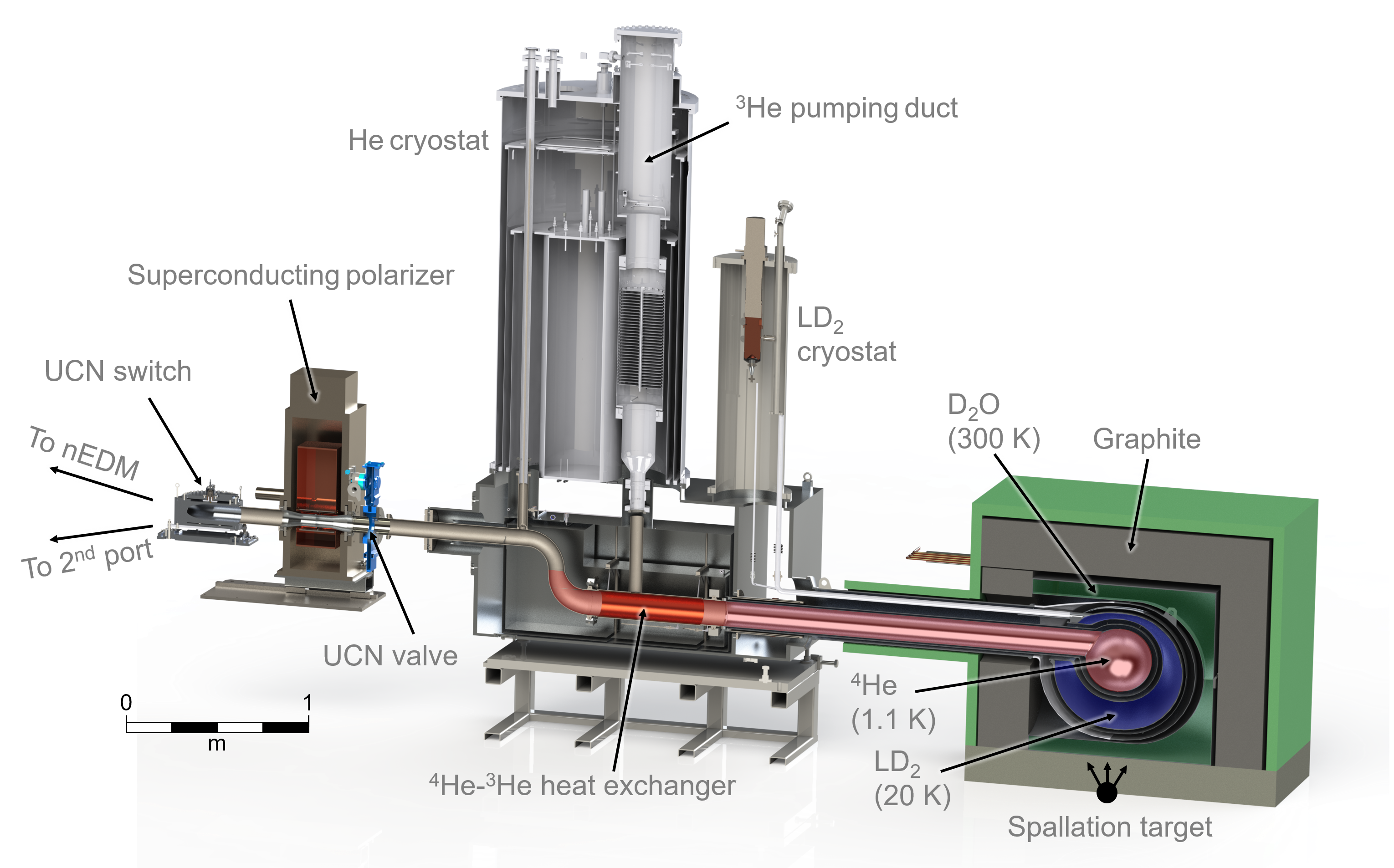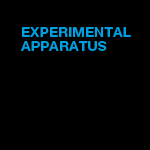
As part of the TRIUMF UltraCold Advanced Neutron source collaboration (TUCAN), TRIUMF's UltraCold Neutron (UCN) group is exploring one of the great mysteries in physics by making the most precise measurements ever of neutrons.
Following the discovery of the Higgs Boson in 2012, the biggest gap in the Standard Model is its inability to explain the asymmetry between matter and antimatter in the universe. It appears that conditions in the early universe favoured the production, or survival, of matter over antimatter. If there had been absolute symmetry and equal amounts of matter and antimatter, the two would have completely annihilated one another into pure energy. Instead, today we observe a primarily matter universe, including us. A key to understanding this matter-antimatter asymmetry could lie with the neutron’s subtle electrical characteristics. Depending on the arrangement of its quarks, the neutron could exhibit poles with slightly greater positive or negative charge, creating a neutron electric dipole moment (nEDM). A dipole moment is a measurement of the separation of two opposite electrical charges.
Many beyond-Standard Model theories that predict matter-antimatter asymmetry also predict an nEDM. If this exists in neutrons, it will be infinitesimal and enormously difficult to precisely measure. The grand challenge is that precisely measuring the nEDM requires cooling neutrons to almost absolute zero, about .003 Kelvin (-273.147°C), in order to contain and manipulate them.
TRIUMF’s nEDM experiment will be a critical test of beyond-Standard Model theories, using tiny particles to potentially solve one of the biggest questions in the cosmos.
|






